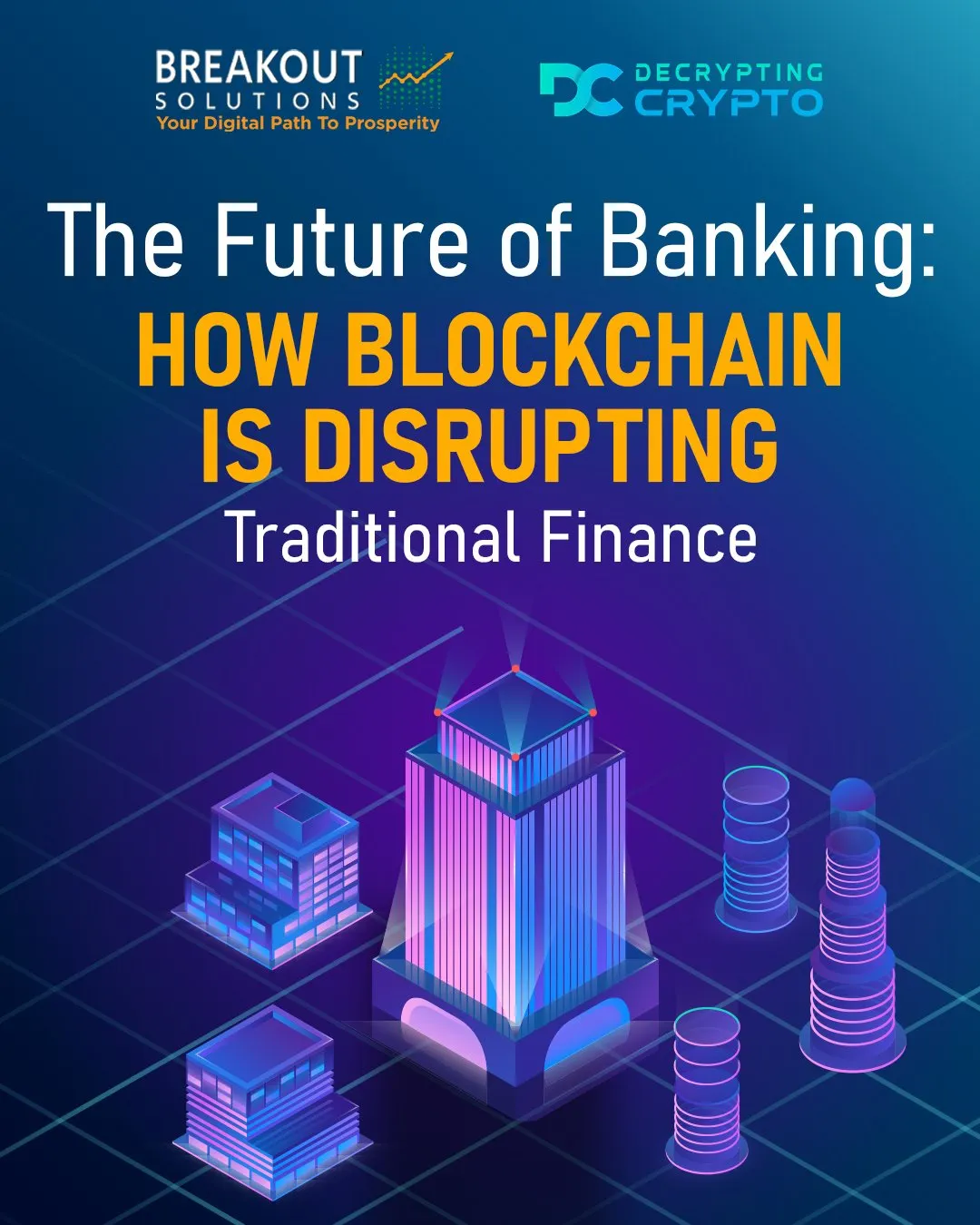The Future of Banking: How Blockchain is Disrupting Traditional Finance
Author: JR Foronda

The financial landscape is undergoing a profound transformation, driven by the disruptive power of blockchain technology. As traditional banking systems grapple with inefficiencies and outdated processes, blockchain offers a revolutionary alternative that promises to reshape the future of finance. Here's how blockchain is disrupting traditional banking and paving the way for a more efficient, transparent, and inclusive financial system.
1. Enhanced Security and Transparency
Blockchain's decentralized nature ensures that transactions are secure and transparent. Each transaction is recorded on a distributed ledger, making it nearly impossible to alter or tamper with. This level of security reduces the risk of fraud and enhances trust among users, a critical factor in financial transactions.
2. Faster and Cheaper Transactions
Traditional banking systems often involve multiple intermediaries, leading to delays and high transaction fees. Blockchain eliminates the need for intermediaries by enabling peer-to-peer transactions. This not only speeds up the process but also significantly reduces costs, making financial services more accessible to a broader audience.
3. Financial Inclusion
Blockchain has the potential to bring financial services to the unbanked and underbanked populations worldwide. By leveraging blockchain technology, individuals without access to traditional banking can participate in the global economy, opening up new opportunities for economic growth and development.
4. Smart Contracts and Automation
Smart contracts are self-executing contracts with the terms of the agreement directly written into code. They automate processes and reduce the need for manual intervention, minimizing errors and increasing efficiency. In banking, smart contracts can streamline processes such as loan approvals, insurance claims, and more.
5. Decentralized Finance (DeFi)
DeFi is a rapidly growing sector that leverages blockchain to offer financial services without traditional intermediaries. From lending and borrowing to trading and investing, DeFi platforms provide users with greater control over their financial assets and the ability to earn passive income through innovative financial products.
Conclusion
Blockchain technology is poised to disrupt traditional finance by offering a more secure, efficient, and inclusive alternative. As the technology continues to evolve, it will likely play an increasingly important role in shaping the future of banking. Financial institutions that embrace blockchain stand to benefit from its transformative potential, while those that resist may find themselves left behind in a rapidly changing landscape.

